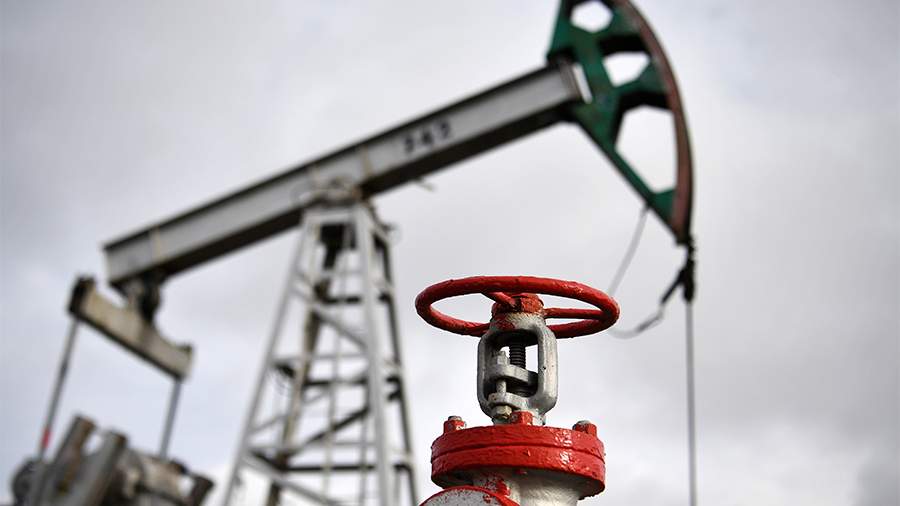Analyst names the consequences of the Czech Republic's possible refusal from Russian oil
- Новости
- World
- Analyst names the consequences of the Czech Republic's possible refusal from Russian oil

If the Czech Republic refuses to supply oil from Russia, it will be economically unfavorable for the country itself. Igor Yushkov, an expert of the Financial University under the Government of the Russian Federation and a leading analyst of the National Energy Security Fund, expressed this opinion on Wednesday, January 15. He called the consequences of such a decision by Prague.
"That is why they are still buying Russian oil through the Druzhba pipeline. These are old contracts, they have oil refineries (refineries) configured exactly for the Russian Urals grade since Soviet times, these refineries are located at the end of the Druzhba pipeline," he explained in a conversation with Lenta.Ru.
According to the analyst, the most difficult thing for the Czech Republic will be to find a similar grade of oil to fit the parameters of the state's refineries.
Or they will have to mix several grades to get the right characteristics of the total mass.
"Accordingly, this is a cost, because such oil is in great demand in the world," the analyst explained.
He noted that currently only oil supplies from Russia to Hungary, the Czech Republic, Slovakia and Serbia remain. The rest of the EU countries previously also received Russian oil, the country remained the largest supplier until the end of 2022.
"Naturally, all these refineries are configured for Russian Urals - in Germany, Italy and many other EU countries. When they gave up on our oil, they had to look for something similar, so such grades are now in short supply and have relatively high prices. The Czech Republic will simply enter into competition for these grades, plus the cost of delivery is higher than from Russia through the Druzhba pipeline," he concluded.
Earlier in the day, Czech Prime Minister Petr Fiala said that the country is ready to switch to oil supplies via the western route in case of termination of Russian fuel supplies from the Druzhba pipeline, RT reports.
It is noted that the increase in TAL capacity will provide the Czech Republic with an additional 4 million tons of oil, according to the website kp.ru. Fiala noted that thanks to this, the country will be able to import up to 8 million tons per year, which will help cover the needs of the country's refineries.
Earlier, on December 6, 2024, it was reported that oil supplies to the Czech Republic resumed after reports of their suspension. It was specified that oil from Russia did not arrive in the Czech Republic for two days, and an alternate route was used for pumping.
The Druzhba pipeline runs through Russia to the Belarusian city of Mozyr. It then branches off into two branches: a northern branch toward Poland and Germany and a southern branch through Ukraine to Hungary, the Czech Republic, Slovakia and Croatia.
Переведено сервисом «Яндекс Переводчик»

